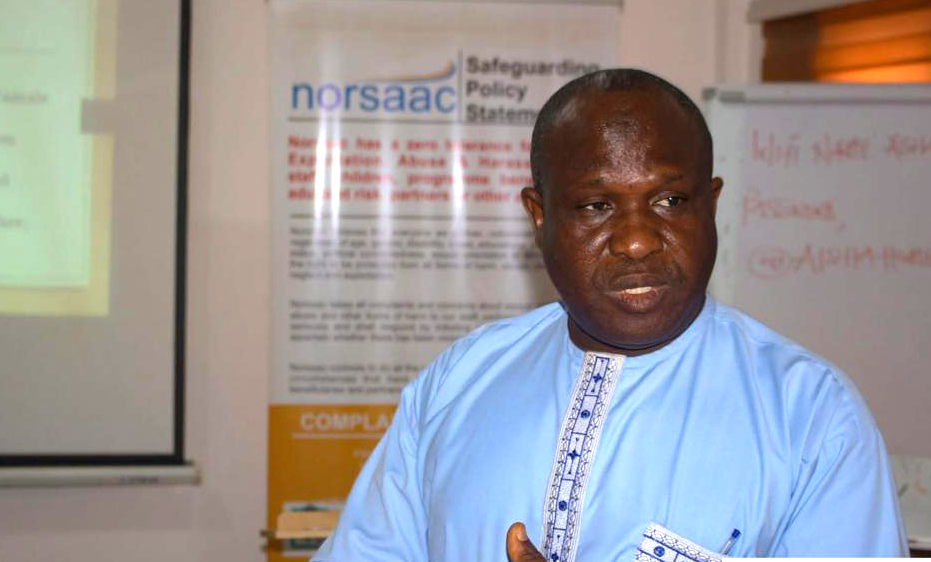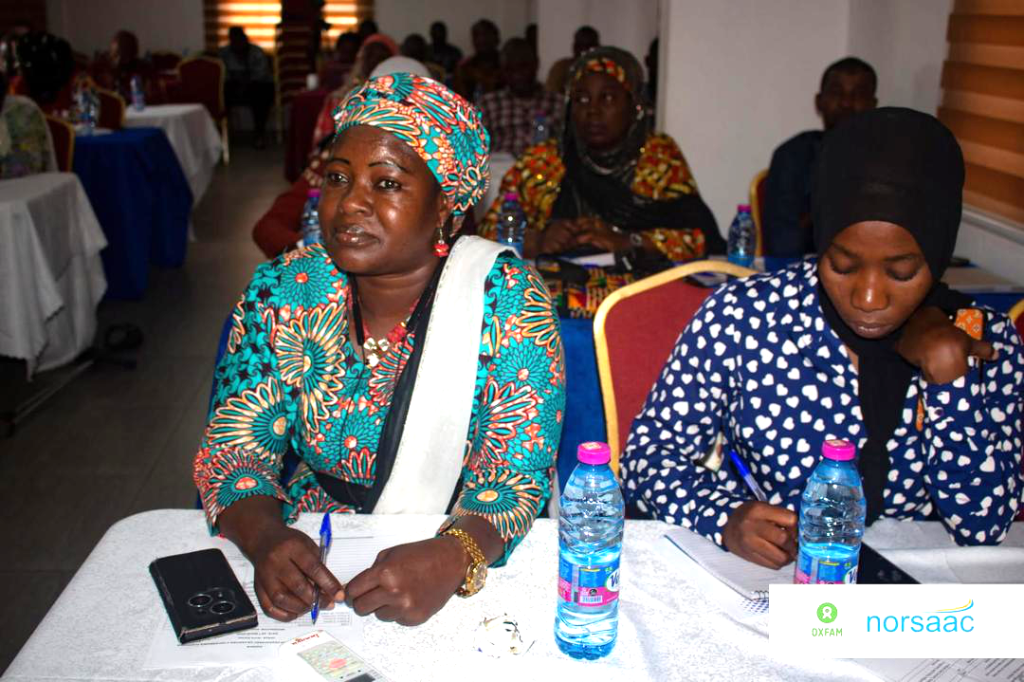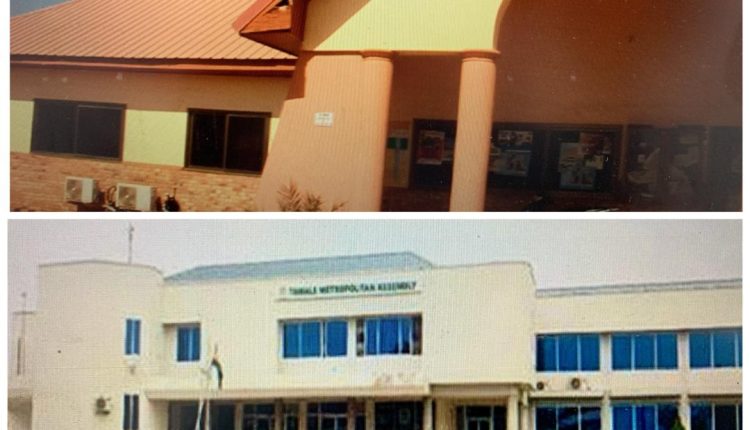A baseline assessment of the Re-imaging the Oxfam In Africa (OIA) E-governance project in Ghana conducted by the Department of Food Security and Climate Change in the University for Development Studies (UDS) indicates that, the district assemblies have multiple e-payment platforms but its utilizations by the citizens need to be enhance and improve.
The findings revealed the Mobile money payment system for the payment of property rates, BOP fees and fines at the assemblies, E-payment platform for birth and death registrations as well as E-NPO: electronic payment for registration and renewal of non-profit organization license at the social welfare department.
Other platforms included SWIMS (Social welfare information management system) deployed to electronically manage and share information about child rights and protection among partners, E-payment platform for GRA clients used for payment of taxes by businesses and individuals.
The baseline assessment commissioned by Norsaac aims to inform a revised implementation strategy of the E-governance project, currently being implemented in Ghana by Oxfam.
The assessment revealed that only educated and enlightened people use the available e-payment platforms to pay their bills and fees and rates. Majority of land owners in the two assemblies it indicated paid their bills through e-payment platforms.
The findings reveal there is low publicity of the platforms and more public education is needed.
The objective of the base line was to identify the types of e-government platforms and initiatives at the districts, Assess the participation level of women and the youth in governance processes in the districts.
It was also to assess the accessibility and usage of e-government platforms and services among women and the youth in the districts, identify the immediate and potential benefits of e-government platforms and services use.
Lecturer and cconsultant of the baseline assessment, Dr Alhassan Andani who presented the findings to key stakeholders in Tamale said the assessment also identify the challenges associated with access and use of e-government platforms and services among women and the youth in the districts as well as recommended for a position policy paper on the prospects and policy impacts of e-governance at the local level to be developed.

The assessment, Dr Andani explained, sampled 22 citizens’ views from communities in the Sagnarigu municipality and Tamale metropolis.
In his remarks, Executive Director of Norsaac, Mohammed Awal Alhassan underscored the importance of e-governance at the various assemblies and entreated Metropolitan, Municipal and District Assemblies (MMDAs) to adopt it.
The E-governance, Mr Awal explained, will ensure efficiency, strengthen structures and improve revenue mobilizations for metropolitan, municipal and district assemblies in the country.
He urged the management of the assemblies to promote and explore opportunities of E-governance. He admitted that it may come with some challenges such as accessibility to all categories of people including persons living with disability, such challenges should not be a barrier.
A director from the Northern Regional Coordinating Council Mr Damma Salifu Mumuni commended Norsaac for commissioning the baseline assessment stating that the benefit of the use of technology is enormous and needs to be given attention.
Mr Salifu emphasized the need for the assemblies to strengthen digital infrastructure and foster partnership with the private sector. The E-governance he noted will improve service delivery at the assemblies.
Head of program and policy influencing at Norsaac, Hajia Hafsatu Sey Sumani advised the assemblies to pay attention to the e-platform implementation and collaborate more with key stakeholders.

Recommendations
The finding recommended that e-platforms should include portals for clients to interact with the systems and to use the platforms to participate in local governance. It suggested also more sensitization of the general public about the availability and operationalization of the e-platforms should be intensified.
The decentralized agencies it added should be resourced with computers, laptops and internet services to facilitate the smooth operation of e-platforms and should be fully digitalized.
The management, control and maintenance of the e-platforms should be in the hands of the decentralized agencies.


